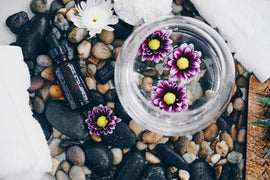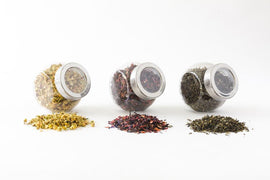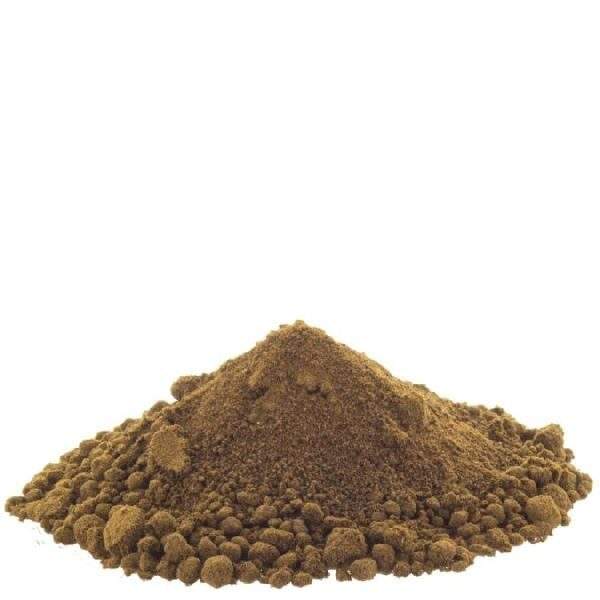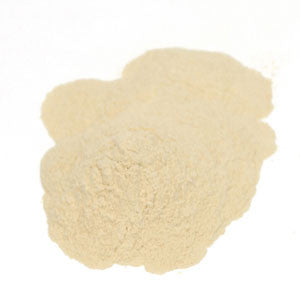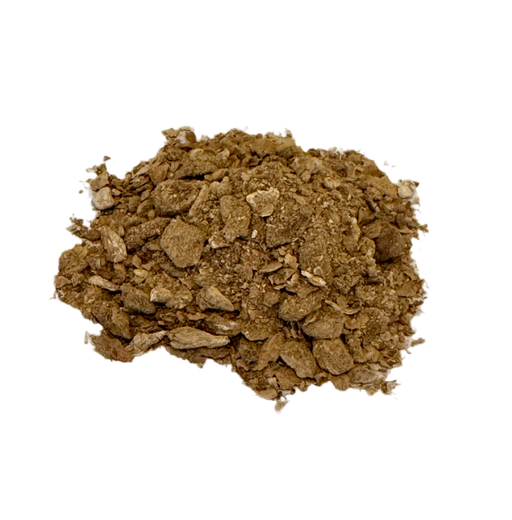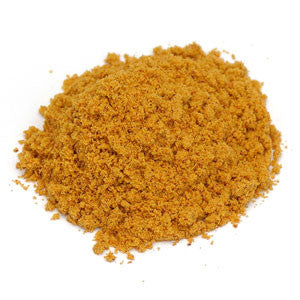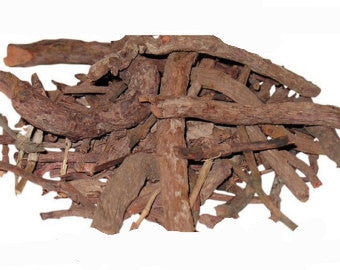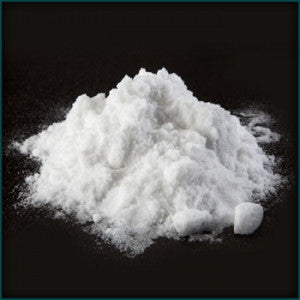Mulberry Indian (Noni) Fruit Powder
-
Botanical Name: Morinda citrifolia
Noni is a small evergreen tree in the Pacific Islands, Southeast Asia, Australia, and India that often grows among lava flows. Historically, noni was used to make a red or yellow dye for clothing. It was also used as medicine, usually applied to the skin.
Today, noni fruit, leaves, flowers, stems, bark, and roots are still used to make medicine for a long list of ailments.
People take noni by mouth for colic, convulsions, cough, diabetes, painful urination, stimulating menstrual flow, fever, liver disease, constipation, vaginal discharge during pregnancy, malarial fever, and nausea. It is also used for smallpox, enlarged spleen, swelling, asthma, arthritis and other bone and joint problems, cancer, cataracts, colds, depression, digestive problems, and gastric ulcers. Other uses include high blood pressure, infections, kidney disorders, migraineheadache, premenstrual syndrome, stroke, pain, and sedation.
The fruit juice is used for arthritis, diabetes, high blood pressure, muscle aches and pains, menstrual difficulties, headaches, heart disease, AIDS, cancers, gastric ulcers, sprains, depression, senility, poor digestion, atherosclerosis, circulation problems, and drug addiction.
The leaves have been used in medicines for rheumatic aches and swelling of the joints, stomachache, dysentery, and swelling caused by a parasitic infection called filariasis. The bark has been used in a preparation to aid childbirth.
Noni is sometimes applied to the skin. It is used as a moisturizer and to reduce signs of aging. The leaves are used for arthritis by wrapping around the affected joint; for headache by applying to the forehead; and for burns, sores, and wounds by direct application. A mixture of leaves and fruit is applied to pockets of infection (abscesses), and preparations of the root are used on stonefish and sting-ray wounds, and as a smallpox salve.
In foods, the fruits, leaves, roots, seeds, and bark are eaten.
The smell and taste of some Noni fruit and juice are unpleasant.
Noni contains many substances, including potassium. Some of these substances might help repair damaged cells in the body, activate the immune system, and have other activities.
-
Botanical Name: Morinda citrifolia
• Colic
• Cough
• Diabetes
• Urinary problems
• Liver and kidney disorders


















































































